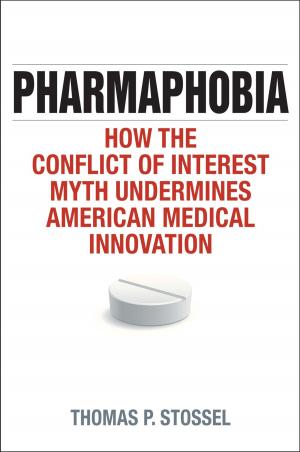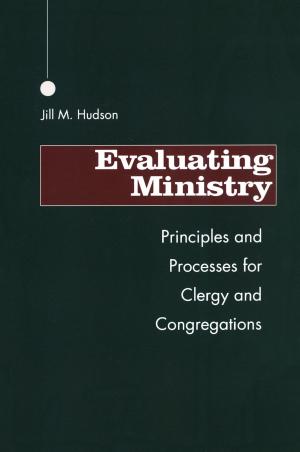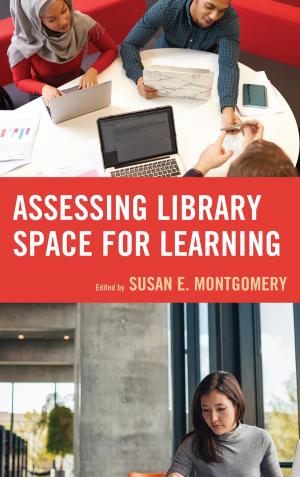The Challenge for School Leaders
A New Way of Thinking about Leadership
Nonfiction, Reference & Language, Education & Teaching, Educational Theory, Leadership, Administration| Author: | Ronald Warwick | ISBN: | 9781475810967 |
| Publisher: | Rowman & Littlefield Publishers | Publication: | November 28, 2014 |
| Imprint: | Rowman & Littlefield Publishers | Language: | English |
| Author: | Ronald Warwick |
| ISBN: | 9781475810967 |
| Publisher: | Rowman & Littlefield Publishers |
| Publication: | November 28, 2014 |
| Imprint: | Rowman & Littlefield Publishers |
| Language: | English |
The Challenge for School Leaders identifies essential systems and their elements that enhance the school leader’s knowledge and skill to continually improve the academic program through a faculty collaborative process. The critical systems addressed are system elements, communication, curriculum, instruction, assessment, and collaborative decision making to determine causes of nonproductive systems and solutions to remove and solve these issues.
The text includes a pre- and post-school assessment survey process that involves the faculty and administrators in evaluating their school, and identifying critical areas that need improvement. This survey has been statistically affirmed for high reliability and validity with respect to academic system behaviors correlated with high academic student performance.
The continual improvement philosophy is the foundation of this text and collaboration is the method by which this concept is achieved. The value of each person is critical, and everyone is needed to improve the academic systems to serve the needs of the students and the faculty. The communication linkage system as well as curriculum-instruction-assessment integration is addressed and is essential to the improvement process. The analysis and improvement of the instructional process is the key to enhancing student academic performance. The concepts and practical suggestions along with the knowledge and skills to build an effective academic system for students is the aim of this study.
The Challenge for School Leaders identifies essential systems and their elements that enhance the school leader’s knowledge and skill to continually improve the academic program through a faculty collaborative process. The critical systems addressed are system elements, communication, curriculum, instruction, assessment, and collaborative decision making to determine causes of nonproductive systems and solutions to remove and solve these issues.
The text includes a pre- and post-school assessment survey process that involves the faculty and administrators in evaluating their school, and identifying critical areas that need improvement. This survey has been statistically affirmed for high reliability and validity with respect to academic system behaviors correlated with high academic student performance.
The continual improvement philosophy is the foundation of this text and collaboration is the method by which this concept is achieved. The value of each person is critical, and everyone is needed to improve the academic systems to serve the needs of the students and the faculty. The communication linkage system as well as curriculum-instruction-assessment integration is addressed and is essential to the improvement process. The analysis and improvement of the instructional process is the key to enhancing student academic performance. The concepts and practical suggestions along with the knowledge and skills to build an effective academic system for students is the aim of this study.















